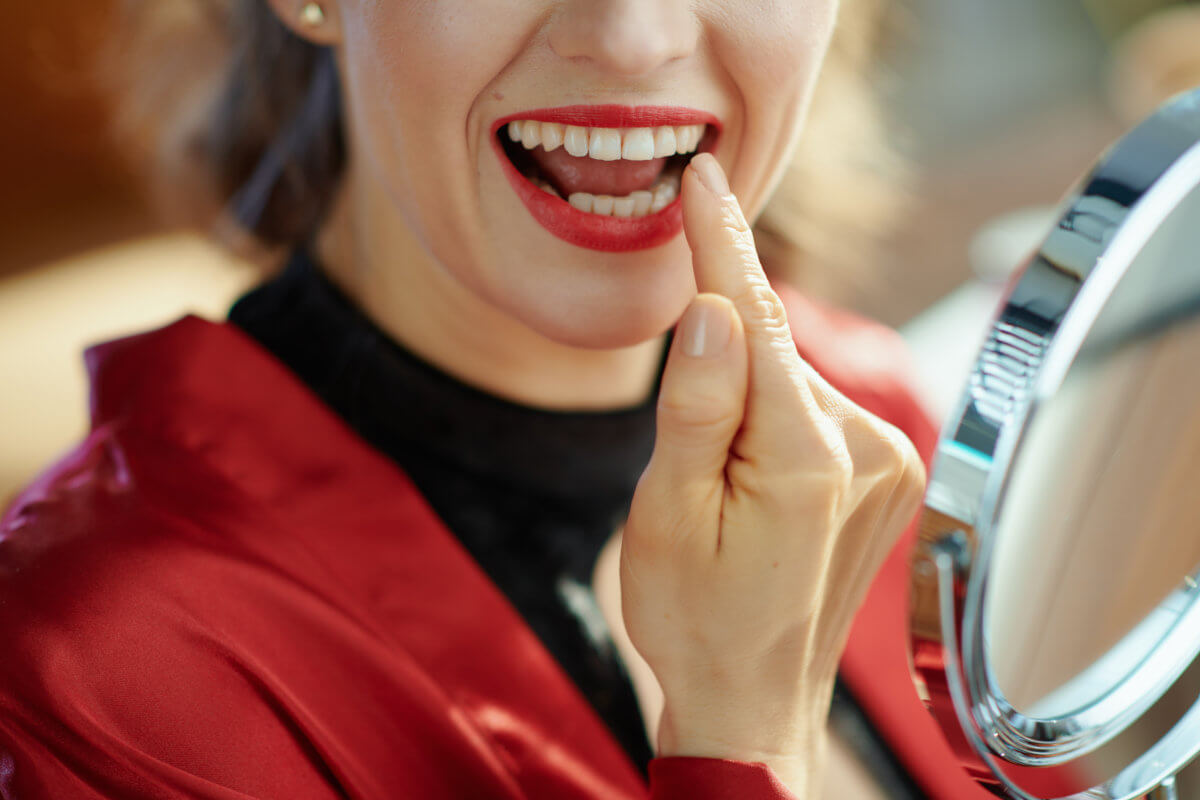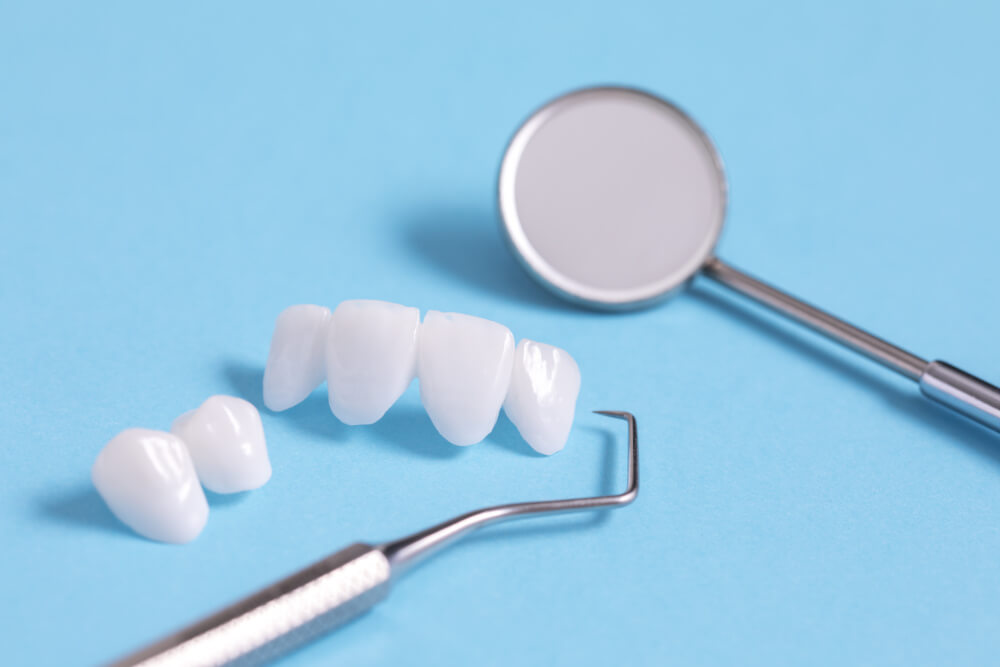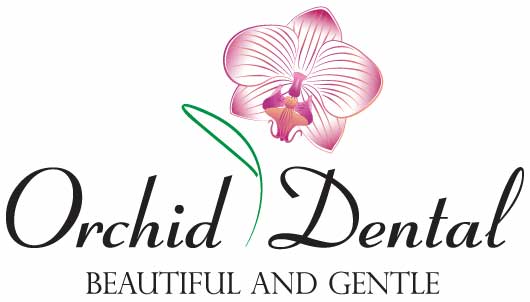
What is Dental Bonding?
Dental bonding is a cosmetic dentistry procedure that is used to repair the appearance of a broken, cracked or chipped tooth. It can also be used to fill in any gaps between teeth, cover up a discolored tooth, or reshape any tooth that is misshapen or uneven in size. The tooth bonding procedure normally uses a composite resin material that is closely matched to the color of your teeth to result in an even, natural looking smile.
What to Expect for my Tooth Bonding Procedure
Dental bonding is a simple, straightforward, and painless dental procedure that can normally be completed in a single appointment. It is often performed without local anesthesia since it is non-invasive, though anesthesia may be applied if the bonding is being used to fill in a cavity or if any drilling or filing of a tooth is necessary. Sometimes, the tooth being repaired may have been chipped close to a nerve, in which case local anesthesia may also be required. At the Orchid Dental Clinic, our dentist is highly practiced and experienced in gentle dentistry to ensure you are as comfortable as possible during any dental procedure or treatment.
Once you and your dentist have decided to move forward with teeth bonding, the first step is to select the color that best matches your tooth. Your dentist will have a shade chart to help in this process, so your bonding will look as natural as possible. Your dentist will then create a rough surface on the tooth to allow the bonding material to stick effectively. The composite resin is then applied and molded to the desired shape, then hardened with a UV light or laser.
After the resin has dried, if there are any imperfections in the look or bite of the bonding, this can be shaped further as required.

If you are contemplating bonding vs veneers for your broken, cracked, or chipped tooth, there are several factors to consider. For the most part, teeth bonding is recommended only for minor defects or short-term cosmetic corrections. This is because tooth bonding materials aren’t as strong and durable as natural teeth or even veneers and may be prone to separating from the tooth or breaking and chipping. They are also less stain-resistant than veneers or your natural enamel so may need to be replaced sooner. For this reason, veneers are recommended for more significant corrections.
The advantages of bonding over veneers, however, is the simplicity of the process and their affordability. Unlike veneers, dental bonding doesn’t require special laboratorial manufacturing, which allows for a single-day procedure. It also doesn’t require as much, or in many cases, any grinding down of the natural tooth enamel, which can weaken and compromise the healthy parts of the tooth.
Contact our dental office today for a consultation if you believe you are a candidate for dental Bonding
FAQs About Tooth Bonding
Who should consider getting dental bonding?
If you have minor tooth defects such as a small chip, crack, or break, or if you have a small gap or discoloration you would like to cover, dental bonding may be a great, simple solution for you. However, if you have large portions of a tooth that has chipped, large gaps, or are looking for a complete smile makeover, you may want to consider other options such as veneers or dental crowns.
How do I care for my tooth bonding?
The only special care required for bonded teeth is to avoid chewing or biting on hard foods or objects. Habits such as nail-biting and chewing on pens can be detrimental to your tooth bonding and should be avoided. Hard and sticky foods should also be avoided to prevent damage. Since the resin is not very stain-resistant, drinking coffee or red wine and smoking can result in long-term discoloration, so these should be avoided or kept to a minimum as well.
Outside of these special care requirements, standard oral hygiene practices will also help extend the life of your tooth bonding. These include regular brushing, flossing, and visits to your dentist for checkups and teeth cleaning.
How long will my dental bonding last?
The lifespan of your teeth bonding can vary greatly (typically anywhere from three to ten years) depending on how they are cared for, and how extensively your teeth have been bonded. Chewing or biting down on hard or sticky items or foods can wear at the bonding to chip or break it in a much shorter period of time. Also, drinking dark beverages like coffee and wine or smoking tobacco can discolor your tooth bonding, requiring earlier touch-ups or replacements.
What are the risks of teeth bonding?
As a simple, non-invasive procedure, there are very few risks to dental bonding. The only real risks are that the bonding may be prematurely damaged as the composite resin used for the procedure is not as strong as that used for other procedures such as veneers, dental crowns, or dental fillings.
contact us now!
Are you looking to get dental bonding in Aurora CO? Contact our dental office for a consultation today!


